News this week from the Investment Association confirms earlier reports from Lazards and Forbes, namely that shareholder activism is on the increase. Shareholder revolts against the re-election of directors doubled year on year in 2018. Should we be surprised? After all activists are minority shareholders who see potential shareholder value hampered by the incumbent board, thus naturally have no confidence in re-electing it.
This latest news also suggests that activists are targeting individual directors and that their revolts are becoming more personal, criticising named Chairs or CEOs for endorsing policies of under-performance. Again this should not be a surprise, activists are signalling that weak leadership should not be tolerated by the shareholder body as a whole. It is inevitable that the leaders responsible will come in for personal be criticism as they have the power to improve policy decisions of the board, yet remain blind to the opportunity.
Consider why activists take up a position in a business: they do research on the sector and performance of competitors to assess the potential for an increase in share value. They buy a shareholding in the belief that latent potential can be unlocked through a change in leader: one with perhaps more relevant skills, greater hunger, broader vision or simply a higher risk appetite. The challenge for the activist is to win over other minority shareholders to form a credible majority in a vote at the AGM where the re-election of directors is determined.
How do you win over other shareholders? Many of these are passive or simply tolerant of under-performance for a variety of complex reasons. The biggest challenge for an activist shareholder is to convince fellow shareholders that his or her vision of future value is realisable with personnel change alone and doesn’t represent a significant risk. Risk aversion and a preference for the status quo contribute to inertia among institutional shareholders: ‘better-the-devil you-know’mentality.
Activist shareholders are seen by boards as disruptors who don’t understand the business model in the fine detail of the incumbent board. This perception of shareholder activism as a threat leads to an unnecessarily defensive posture by the board with press releases and counter-briefing in the run up to the AGM. Both incumbent and activist play the media in order to influence the balance of the shareholders who will vote at the AGM.
Ultimately it comes down to reputation for success. An activist keen to replace a chair or CEO will have an alternative candidate to offer the shareholders who he or she hopes will prove more attractive as a leader capable of releasing shareholder value. Their reputation as a value-creator is crucial and the incumbent will have a tough time if his or her performance is demonstrably poor. This is why activists find it easier to attack specific individuals. it is far easier to convince wavering shareholders that a leader is failing than to that your strategic idea is better than the existing one.
Risk to reputation is central to shareholder activism especially as the reputation of the company and the reputation of the Chair/CEO are often indistinguishable and can become conflated. This risk rarely features on any risk register yet, as a key strategic risk with value implications, it needs to be taken seriously as it has an impact on both share value and leadership worth.
©Garry Honey is the founder of Chiron Reputation Risk (www.chiron-risk.com)

